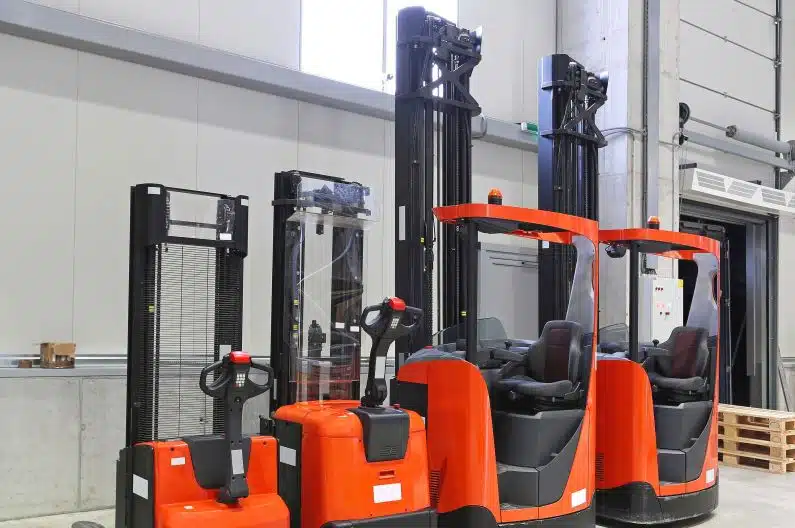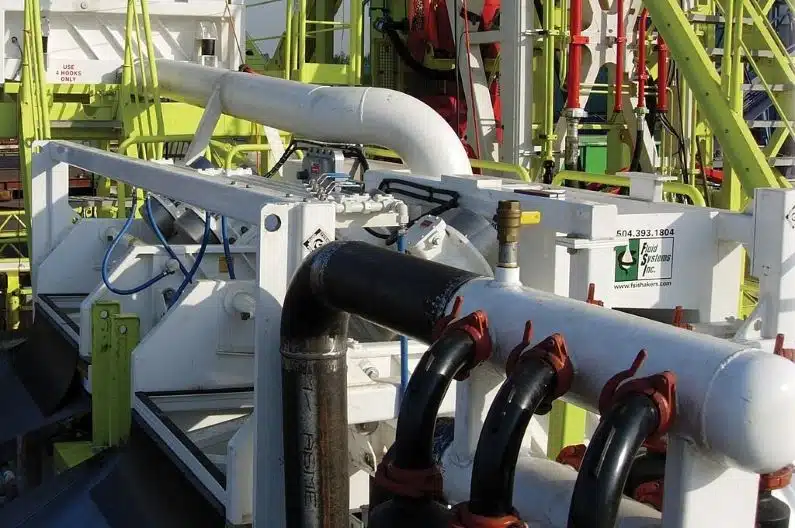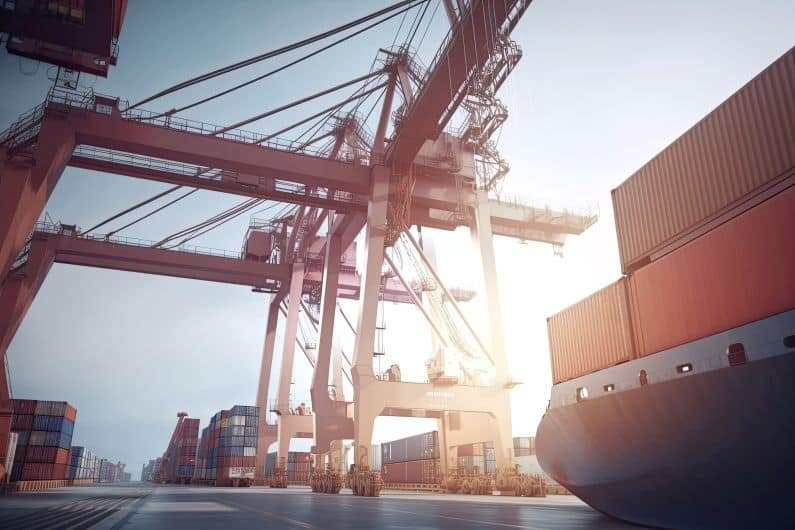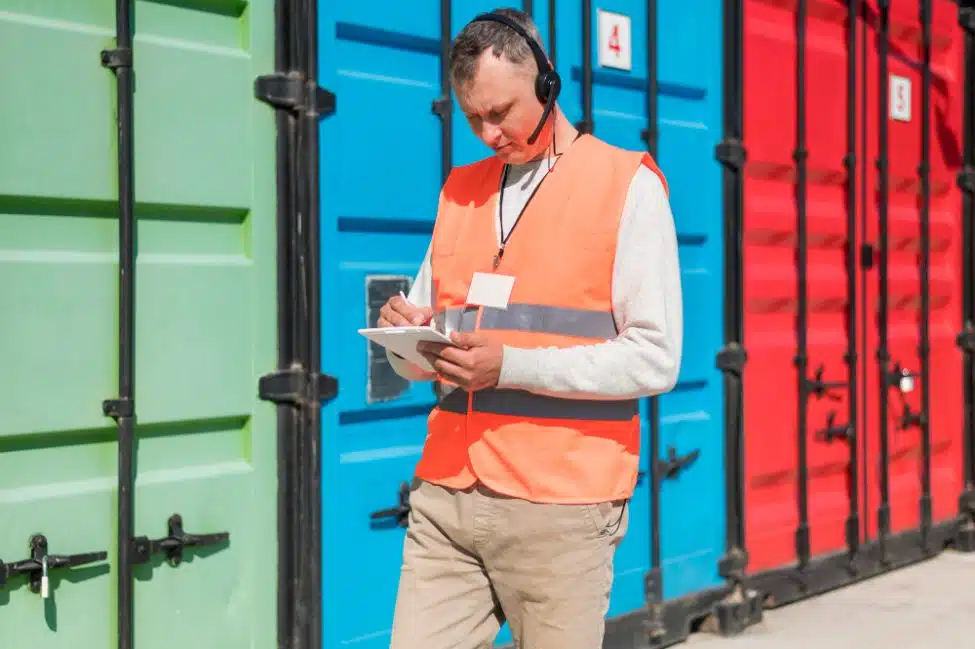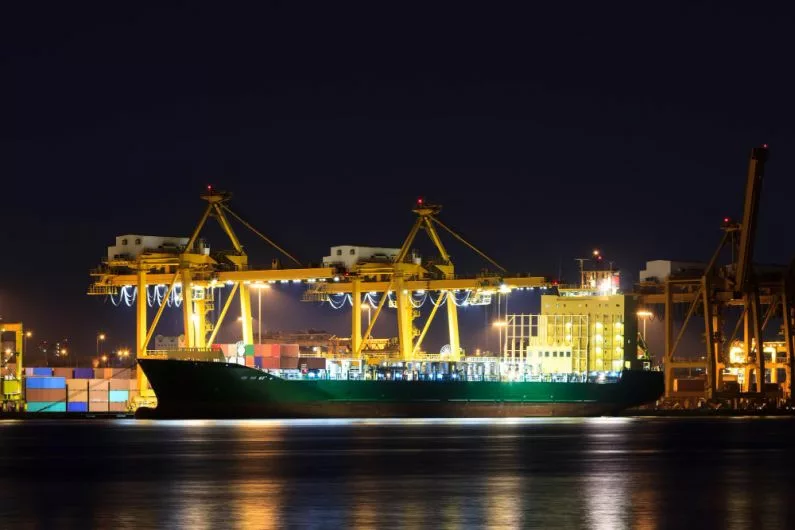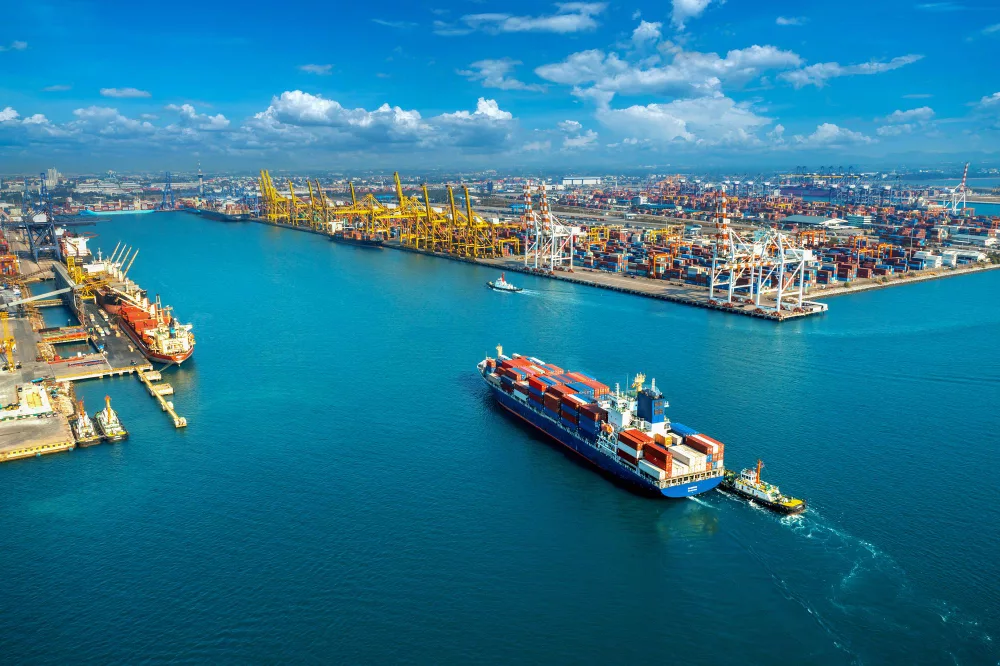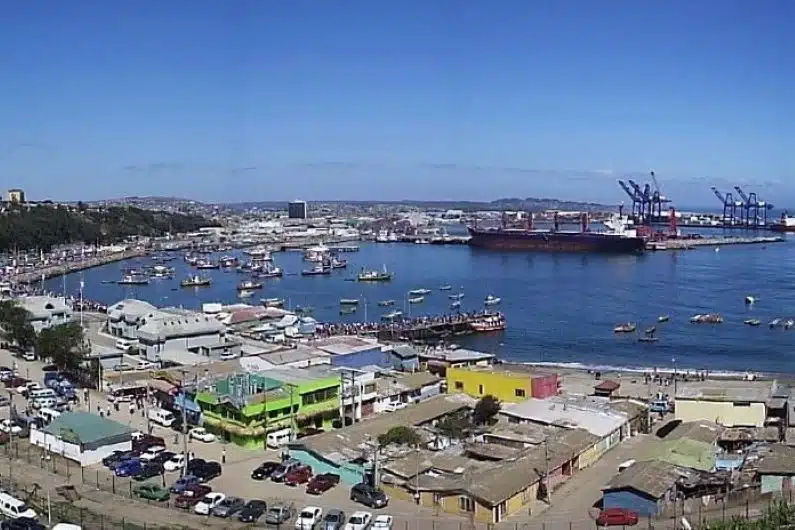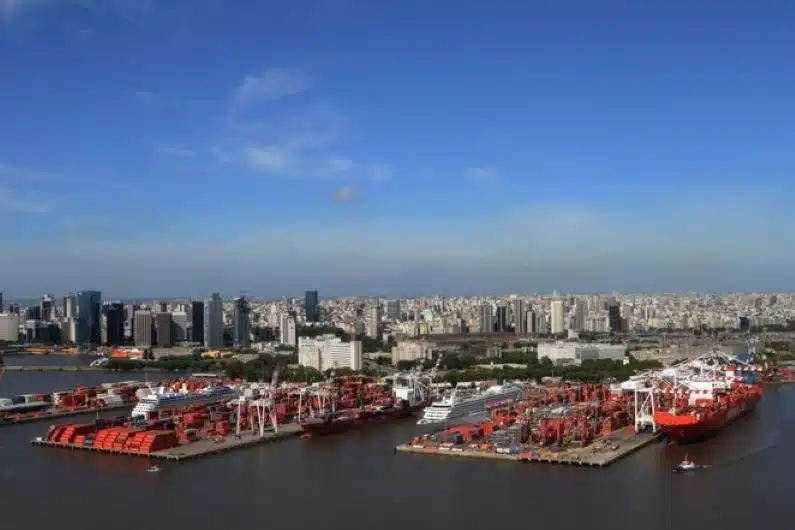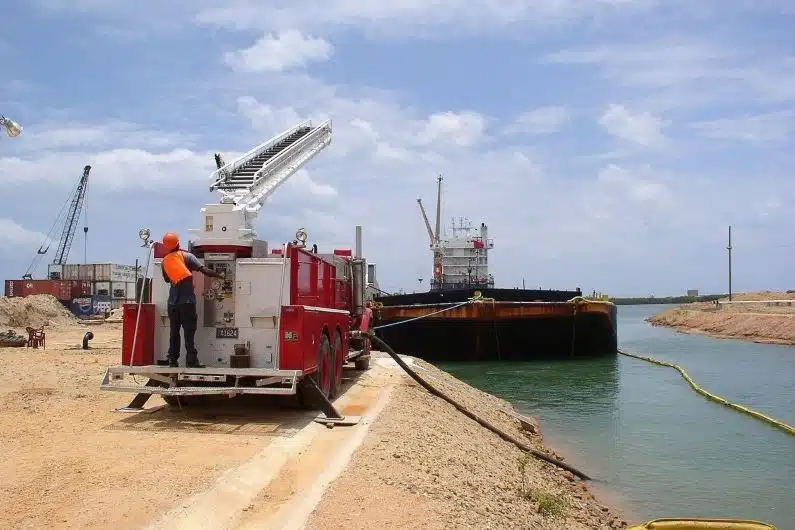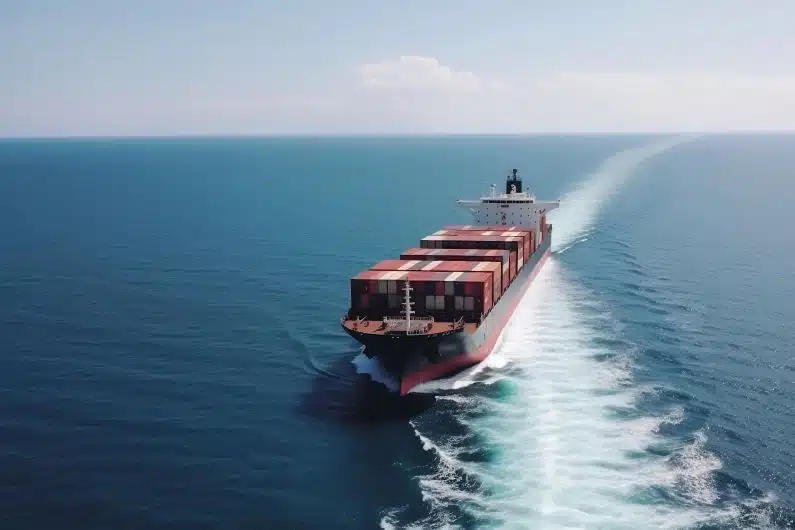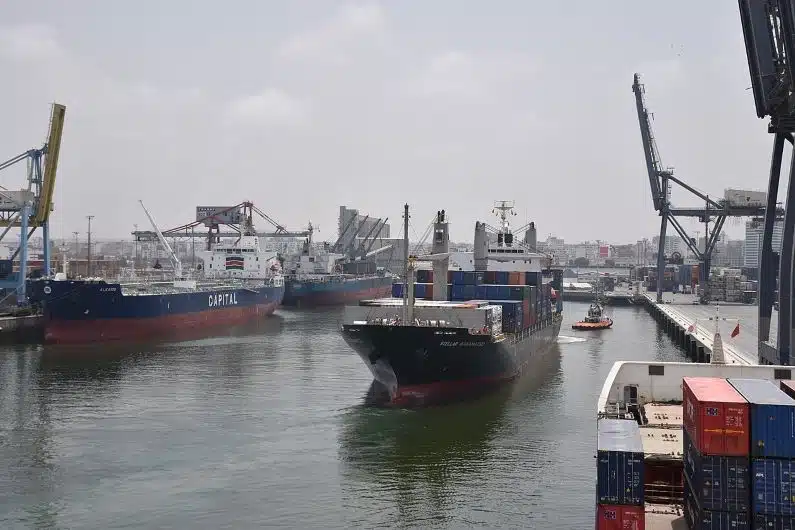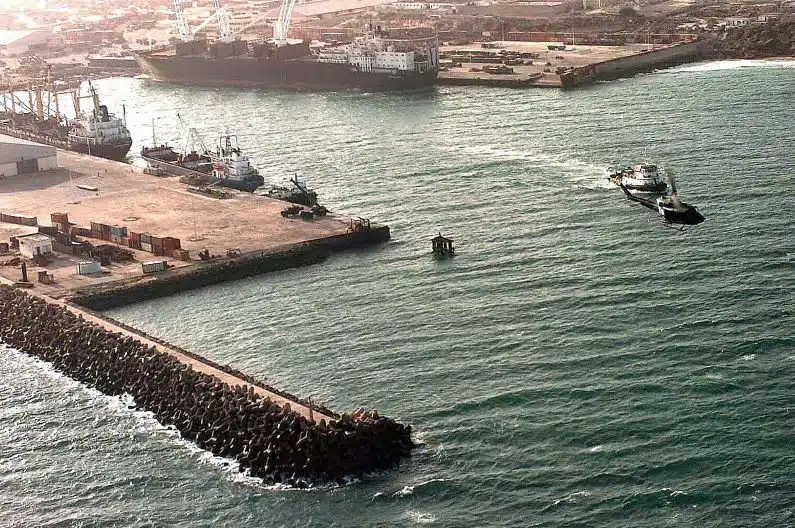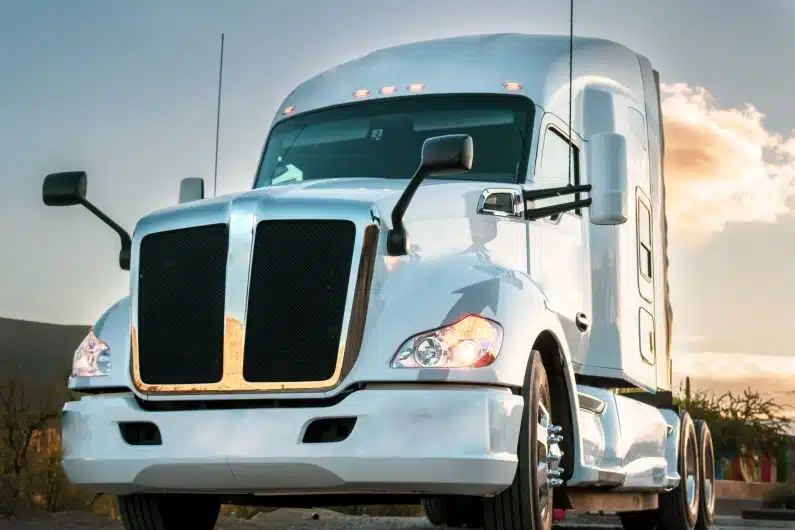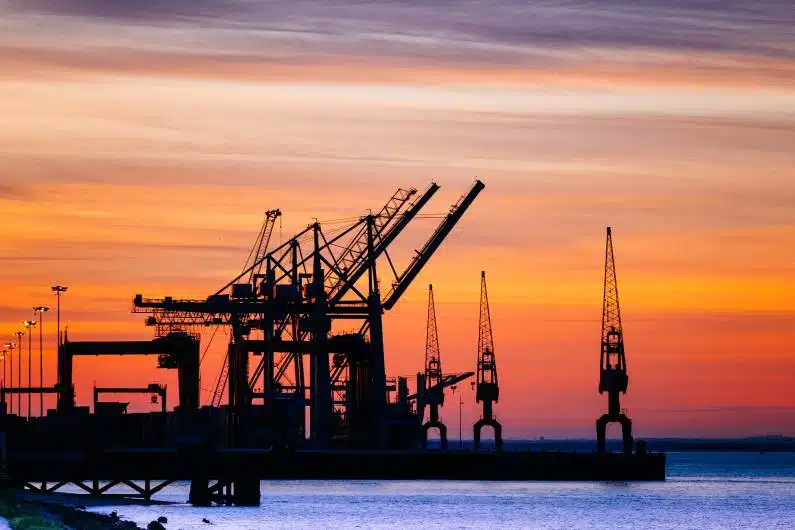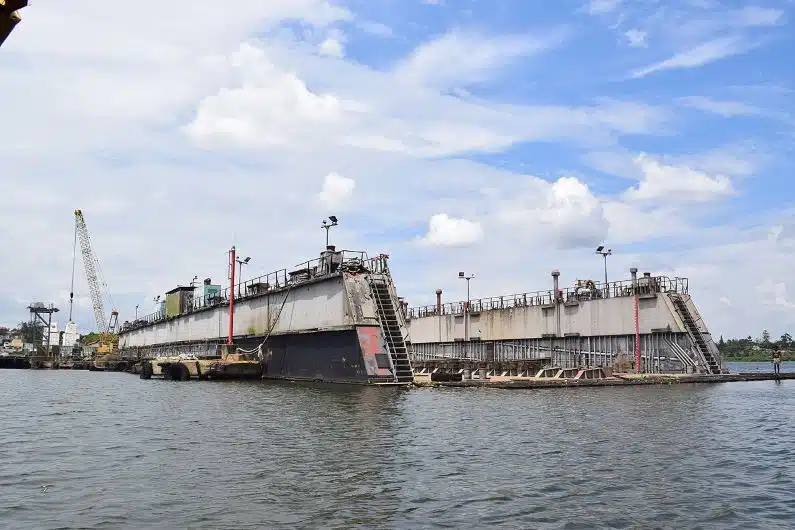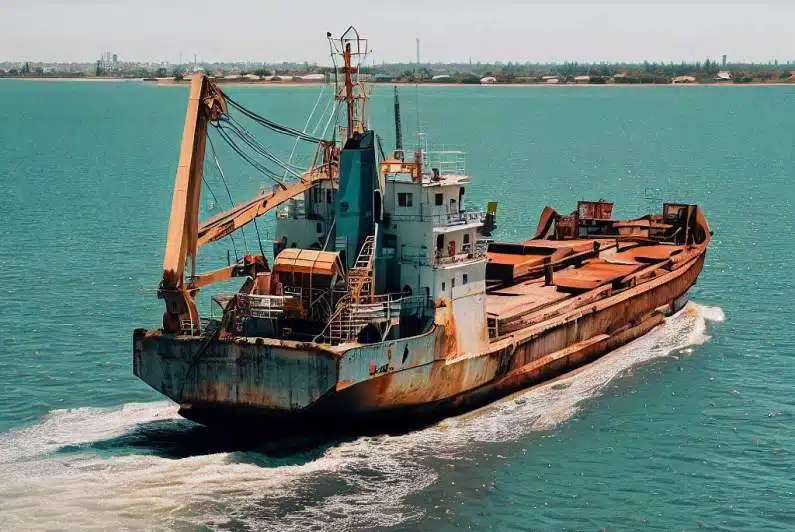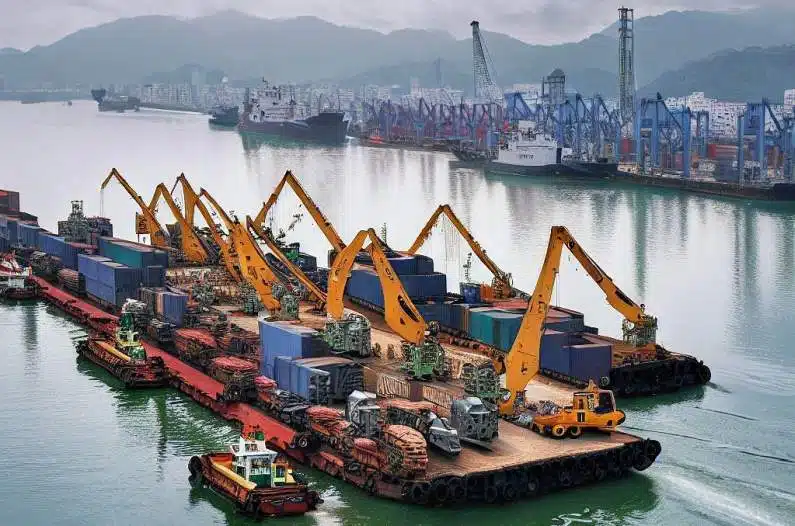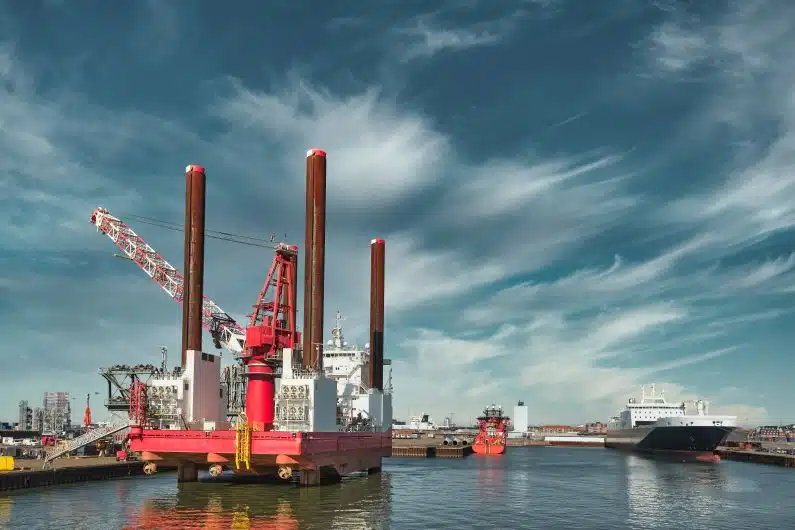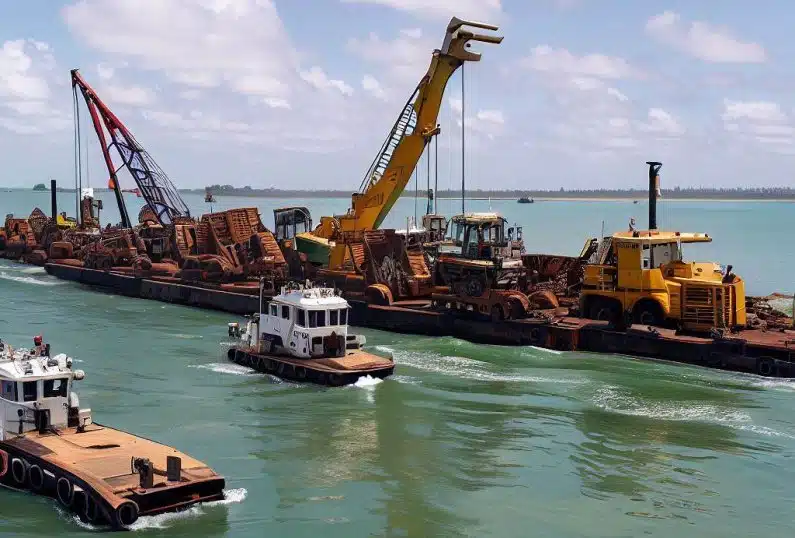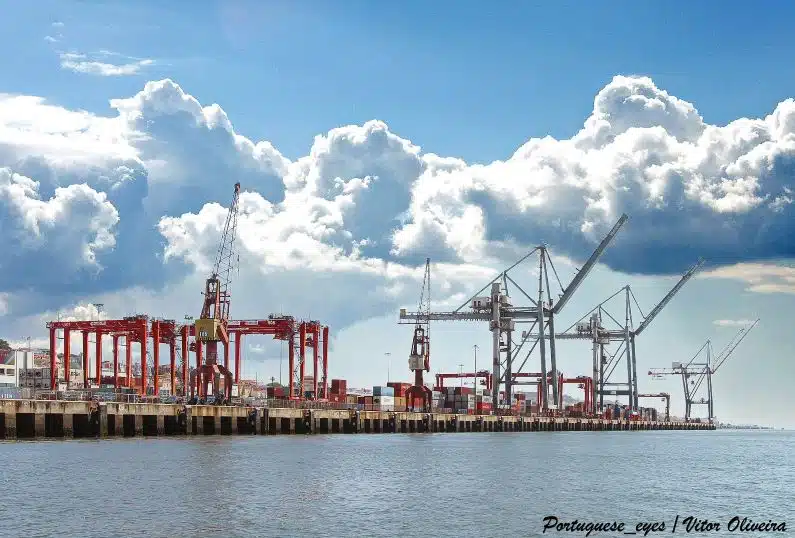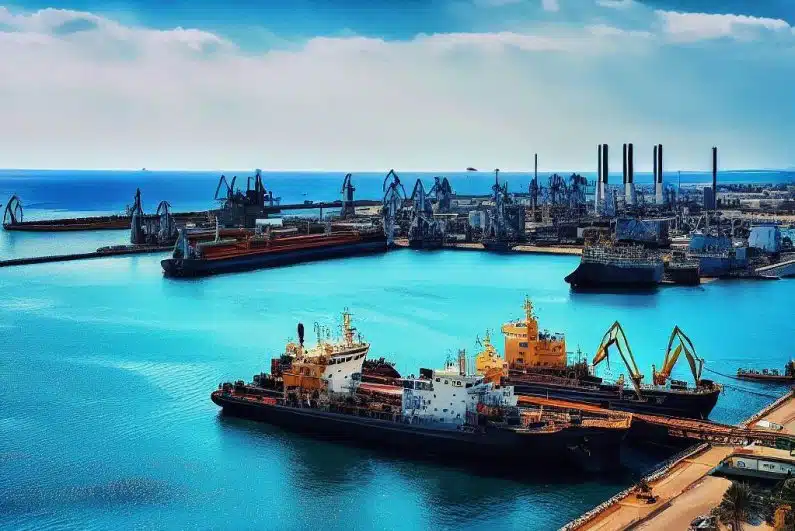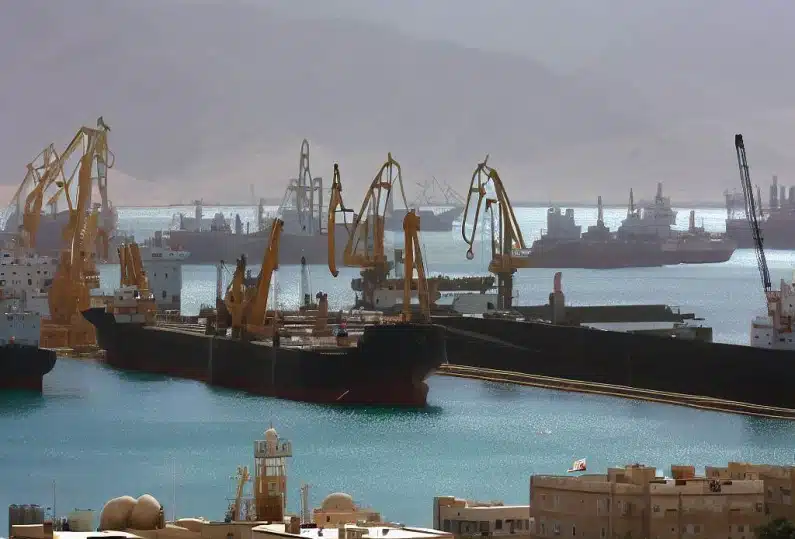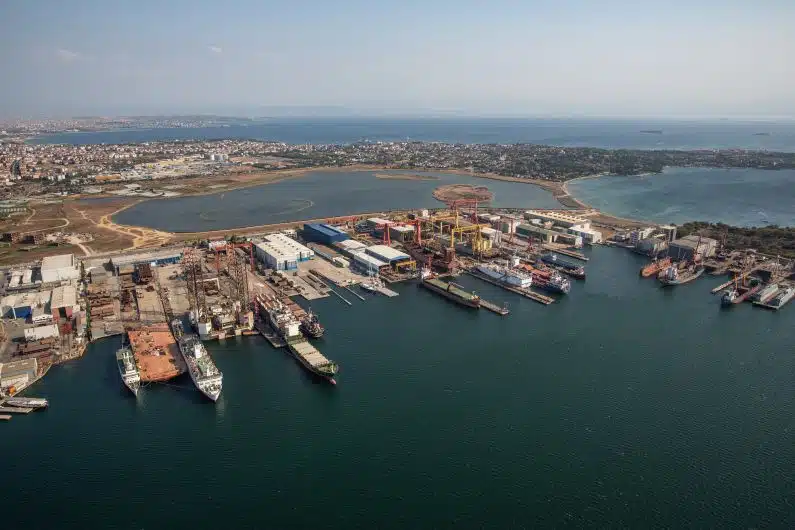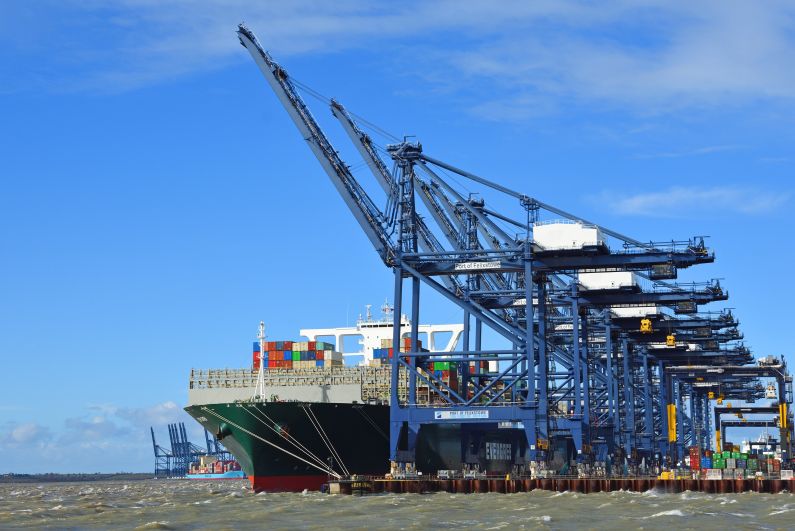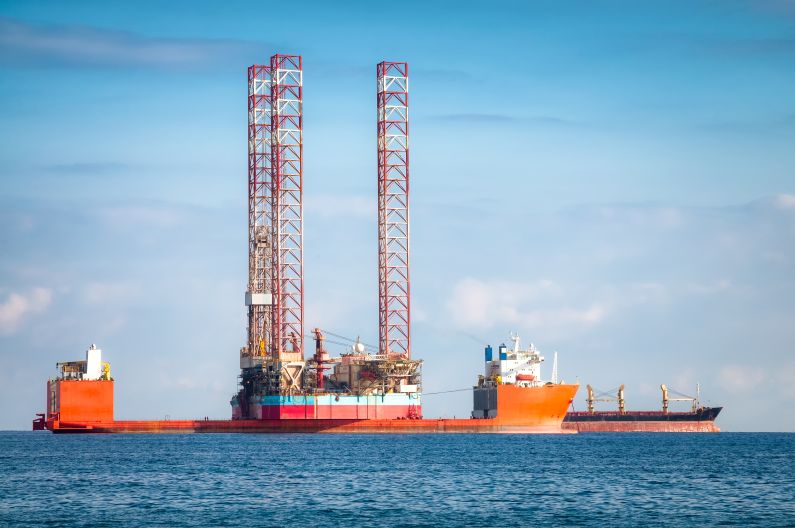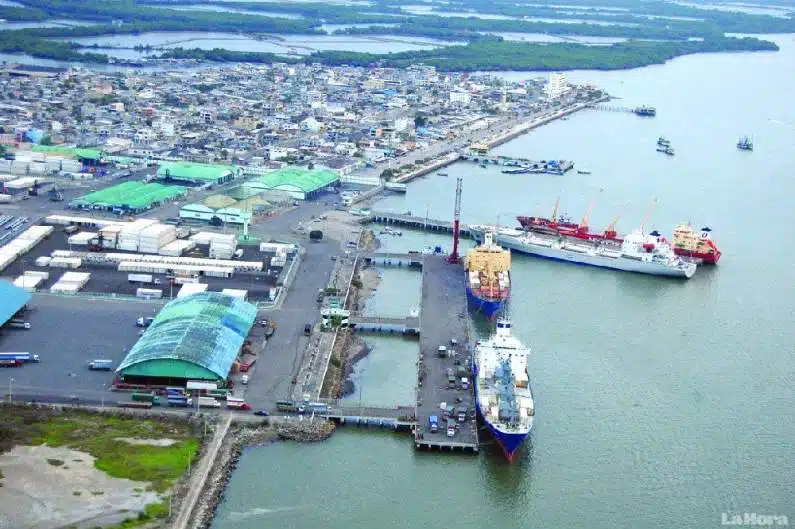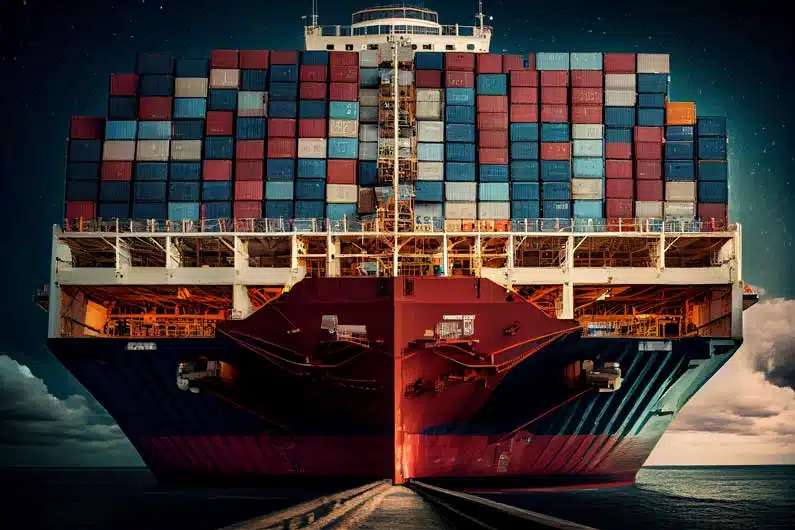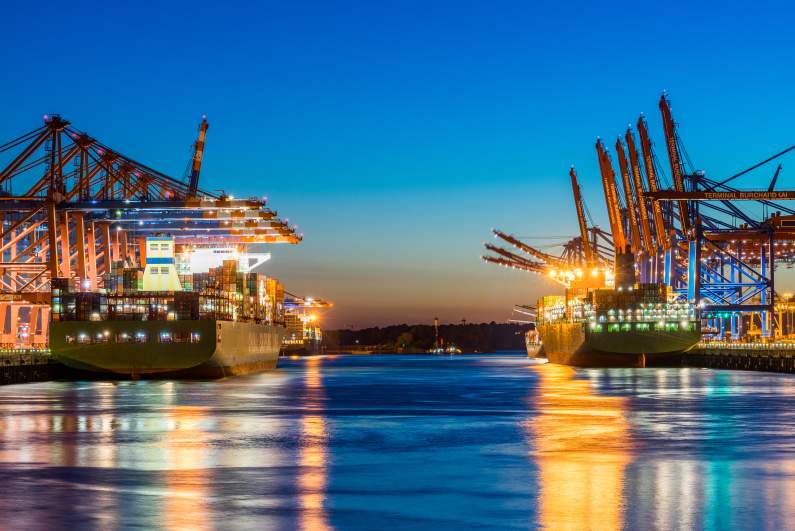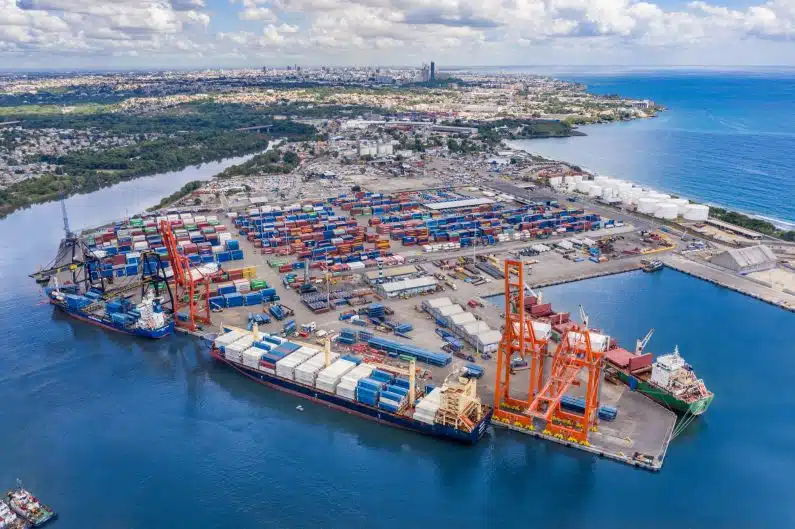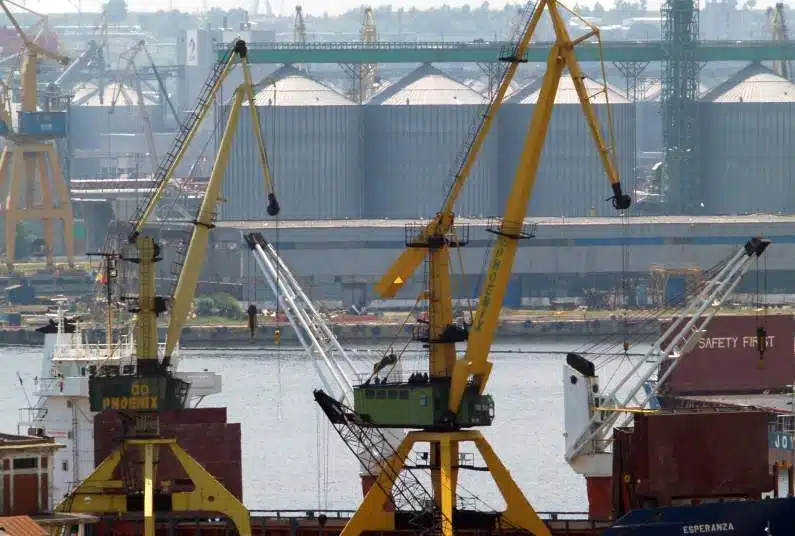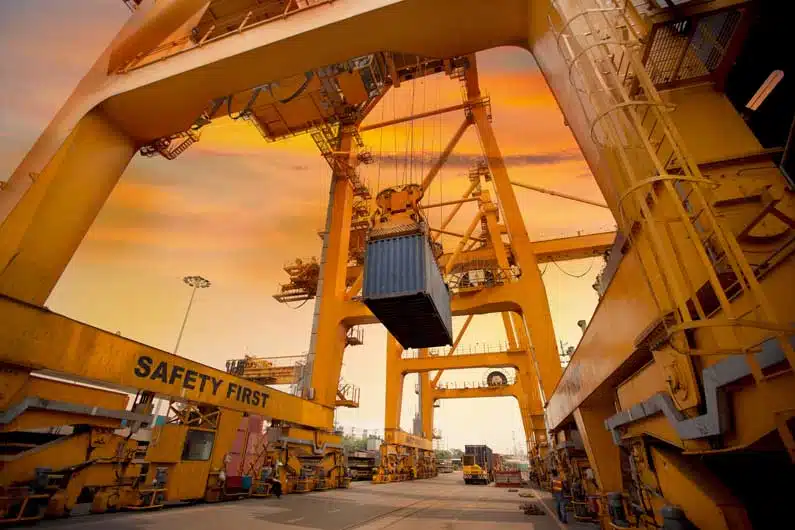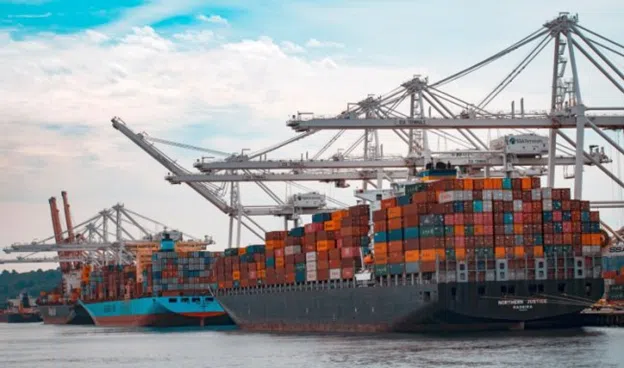Shipping forklifts, the vital machinery that drives efficient operations in warehouses and industries, requires careful planning and execution. Whether shipping them domestically or internationally, it’s crucial to navigate the unique challenges involved. In this comprehensive guide, we explore the intricacies of forklift shipping and provide valuable insights to ensure a seamless transportation process.
The Shipping Process of Forklifts
Shipping a forklift requires comprehensive understanding and careful preparation. This begins with pre-shipping processes such as cleaning, securing loose parts, and performing a thorough inspection to ensure the forklift is in good operational condition.
The choice of transport – whether by road, rail, sea, or air – is a crucial decision that hinges on various factors. These include distance, time, cost, and regulations associated with each mode of transport. The best choice will cater to your specific needs and circumstances.
Domestic Shipping of Forklifts
Shipping a forklift within the US entails adherence to specific regulations and safety guidelines. Whether you’re transporting the forklift within the same state or across the country, a solid understanding of these rules is a must. Each state may have its unique requirements for heavy equipment transport that you need to comply with.
To illustrate this process, a case study of a successful domestic shipment of a forklift can provide practical insights. Such a case study can show how the theoretical aspects translate into real-world execution and can aid in enhancing your understanding of the shipping process.
The upcoming sections will delve into international shipping of forklifts, how to choose a reliable shipping company, best practices to follow, and how to tackle common challenges. The article will conclude with a call to action, inviting readers to leverage professional expertise for their forklift shipping needs.
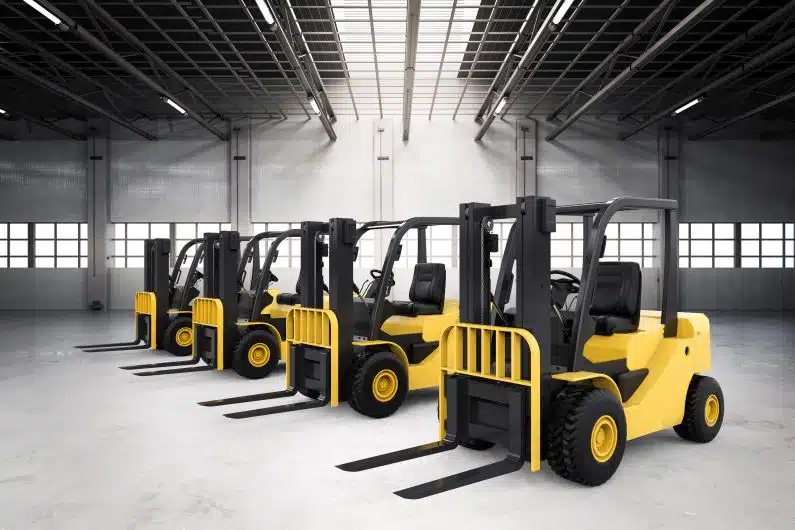
International Shipping of Forklifts
The prospect of shipping forklifts internationally is indeed a daunting one, considering the complex procedures and stringent regulations involved. This includes understanding the customs processes and regulatory compliance of the destination country. Every single detail counts towards a successful shipment. A case study involving an international forklift shipment can help elucidate the practical aspects of the process, showcasing how every facet contributes to the overall success of the shipping operation.
Choosing a Reliable Shipping Company
Selecting a reliable shipping company is a vital decision that can significantly influence your forklift shipping project’s success. Key factors to consider in this selection process include the company’s experience in handling heavy machinery shipping, their reliability, and reputation, the variety of services they offer, and their insurance policies. A robust track record in managing both domestic and international shipping regulations is a strong indicator of their competency.
Best Practices for Shipping Forklifts
To ensure a smooth shipping experience, it’s advisable to follow certain best practices. These range from efficient dismantling and packaging of the forklift to minimize shipping space, to maintaining comprehensive documentation for a hassle-free customs process. Additionally, being prepared for potential challenges such as weather conditions, equipment malfunctions, or logistical issues is crucial. Expert advice on managing these challenges can greatly enhance the shipping experience.
The concluding sections of the article will summarize the key points discussed and emphasize the importance of detailed planning and execution in forklift shipping. The final call to action will invite readers to seek professional support for their forklift shipping needs, ensuring a smooth, stress-free, and successful transportation experience.
Conclusion
In summary, shipping forklifts domestically or overseas is a process that requires careful planning, detailed understanding of regulations, and a reliable shipping partner. The task, while complex, becomes more manageable and less intimidating when you are equipped with the right knowledge and support.
Each element, from pre-shipping preparation to the choice of transport, plays a significant role in the overall shipping experience. Remember, it is the meticulous planning and proactive management of potential challenges that pave the way for a seamless forklift shipping experience.
Call to Action
Are you looking to transport a forklift, be it across state lines or across oceans? Don’t face these challenges alone. Trust the experts who can guide you through each step, ensuring a hassle-free and efficient shipping process. Contact us today for your forklift shipping needs.
We are here to help you navigate the complexities and overcome the obstacles of shipping your forklift, no matter the destination. Whether it’s a local or an international shipment, we commit to delivering your forklift safely, efficiently, and in a timely manner.
Reach out to us now and let us guide you towards a successful forklift shipping experience. With our expertise and your trust, we can turn shipping challenges into achievements.
FAQs
Q. What are the key considerations when shipping forklifts domestically or internationally?
A. Key considerations include pre-shipping preparations, choice of transport mode, adherence to regulations, and selection of a reliable shipping company.
Q. What regulations and safety guidelines should I be aware of when shipping forklifts within the US?
A. Each state may have specific regulations for heavy equipment transport. Familiarize yourself with the requirements of the states involved in the shipment.
Q. How does international shipping of forklifts differ from domestic shipping?
A. International shipping involves complex customs procedures and regulatory compliance. Understanding destination country regulations is crucial for a successful international shipment.
Q. What factors should I consider when choosing a shipping company for transporting forklifts?
A. Consider the company’s experience in handling heavy machinery, reliability, variety of services, and insurance policies. Competency in managing domestic and international regulations is also important.
Q. What are some best practices for shipping forklifts?
A. Efficient dismantling and packaging, comprehensive documentation, and preparedness for potential challenges are key best practices. Seeking expert advice can enhance the shipping experience.

